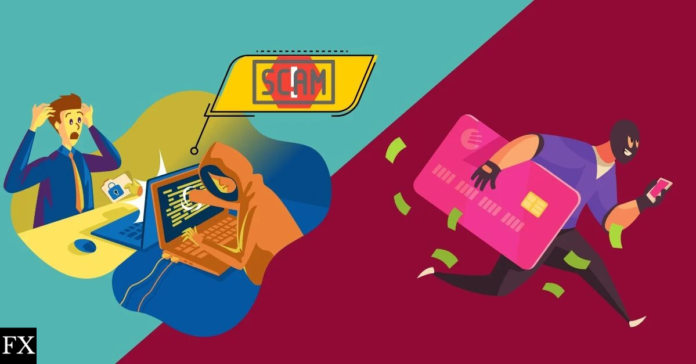The forex industry is experiencing a surge in scams. Discover 7 ways to safeguard your funds
The incidence of forex scams has recently increased. Reports such as Michael Greenberg’s expenditures, as well as other documented cases of forex fraud, demonstrate the need for greater caution among forex traders. This discussion will extend the work of Casey Stubbs, who previously identified three strategies for avoiding forex scams, by offering additional insights and guidance.
If it Looks Too Good
Be immediately suspicious of sites promising quick, automatic, and large profits. The forex market doesn’t offer easy money. These sites often use flashy, single-page layouts with no real explanations, relying on loud, attention-grabbing graphics.
Talk to people
Casey advises speaking with company representatives and current users to assess legitimacy. Be wary even if promotional videos feature seemingly serious individuals; always verify they truly endorse the product. Some promotional videos, however, may feature obvious red flags, such as presenters who appear unprofessional.
Google search for product problems
I’ll add that you can easily do a Google search and include words like ‘sucks’ or ‘scam’ along with the product name. If the search results reveal a substantial number of credible complaints, it’s a sign that genuine users, and not just competitors, have experienced issues with the product.
Check on LinkedIn
LinkedIn, as the world’s leading professional network, commands significant visibility. Consequently, a Google search for key personnel associated with a given company often yields LinkedIn profiles within the initial search results. The absence of such profiles warrants closer scrutiny. The presence of robust professional recommendations, on the other hand, can provide a degree of validation.
Regulation
Regulatory oversight by at least one relevant authority is a characteristic of a legitimate market participant. While endorsements from entities such as the National Futures Association (NFA), the Financial Services Authority (FSA), or the Commodity Futures Trading Commission (CFTC), do not constitute definitive proof of bona fides, they represent a measure of oversight. Conversely, incorporation in obscure or exotic jurisdictions should be viewed with considerable skepticism.
Demo account
In accordance with the foregoing, the use of a forex demo account represents a fundamental step in broker evaluation. Although some automated trading solutions may exhibit a degree of functionality, validation of their performance is essential. It is therefore advisable to request a trial period, without risking actual funds, to ascertain suitability.
Intuition
Ultimately, the final assessment rests on the impression formed of the individuals involved. Given the presence of unethical participants within the forex industry, it is prudent to adopt a skeptical posture. Contrary to the legal precept of presumed innocence, one should operate under the assumption of potential malfeasance and require substantiation of veracity.

